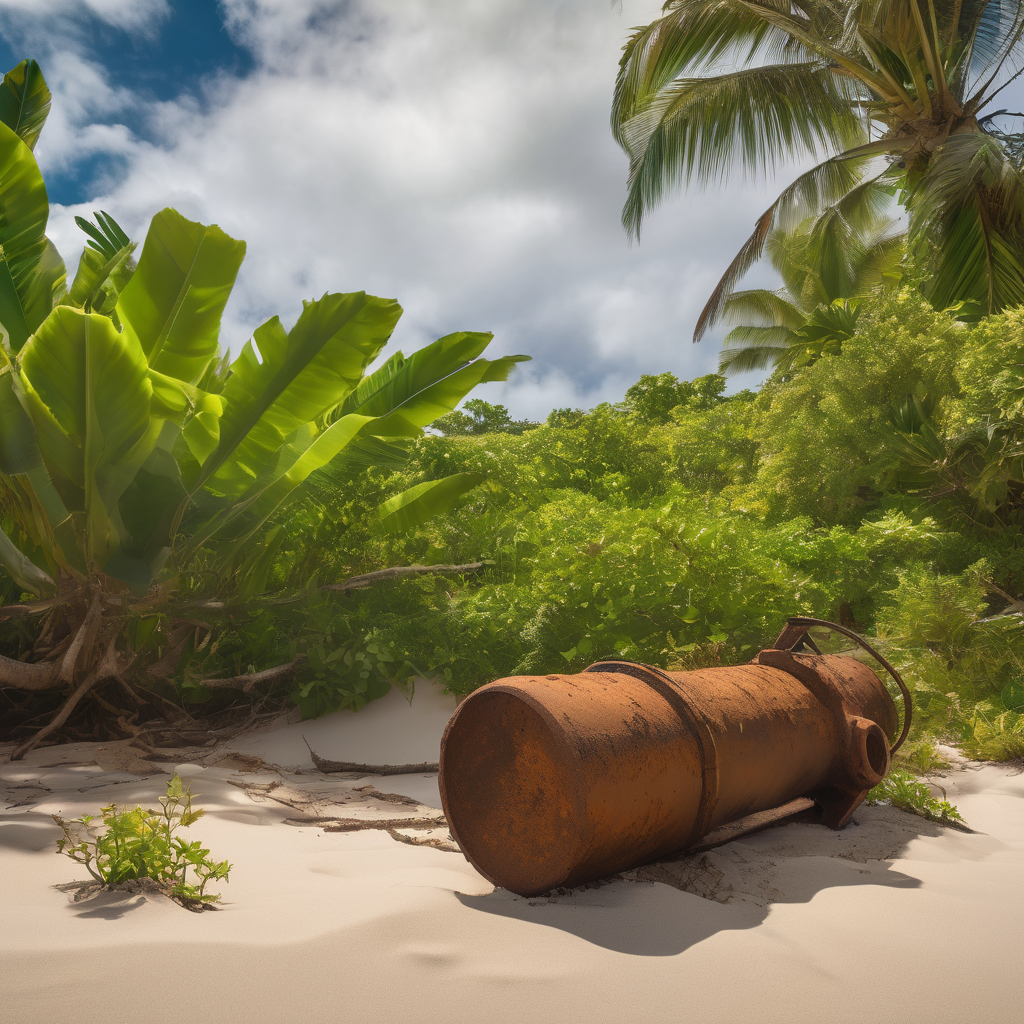A World War II-era bomb explosion in Honiara, Solomon Islands, has resulted in at least one injury, prompting a swift response from emergency services. The incident took place near the Town Ground rugby field, believed to be triggered by heat from a nearby burning tree igniting the bomb.
The injured individual was quickly transported to the National Referral Hospital, where their condition has been stabilized. In the aftermath of the blast, police cordoned off the area, and bomb disposal experts arrived to conduct a thorough search for any additional unexploded ordnance, prioritizing the safety of local residents.
This incident recalls a tragic explosion in the same location four years ago, which claimed two lives due to a similar situation involving unexploded bombs from earlier conflicts. Authorities continue to stress the persistent dangers posed by such ordnance in the region, leading to proactive measures aimed at risk mitigation.
In 2024, the Royal Solomon Islands Police Force’s explosive ordnance disposal unit had a remarkable year, safely disposing of over 6,121 pieces of unexploded bombs and ammunition, underscoring their dedication to public safety. They average around 12 operations a year across several provinces in response to such threats, highlighting the continual need for community awareness and support in clearing hazardous remnants from past conflicts.
Organizations like The HALO Trust are making significant progress in assessing and mitigating contamination from unexploded ordnance, fostering optimism for enhanced safety in impacted communities. With more than 34 million square meters of dangerous land identified for clearance, collaboration between authorities and the community remains vital in preventing future incidents and creating a secure environment for all residents.
As investigations into the explosion continue, there is a renewed emphasis on public safety, reinforcing the urgency of addressing the risks associated with unexploded ordnance in the Solomon Islands.
